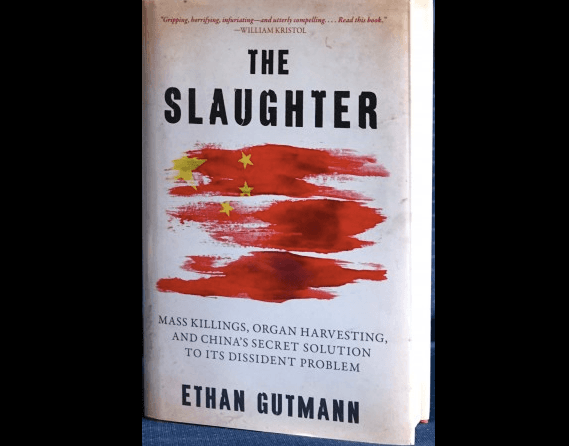A New Wave of Academy Schools
Academies, free from the control of local authorities and curriculum constraints, could vary greatly in degree and direction from school to school.
_medium.jpg&w=1200&q=75)
Academies will widen their view to include primary and special schools. Christopher Furlong/Getty Images
|Updated:
.jpg&w=1200&q=75)
.jpg)



